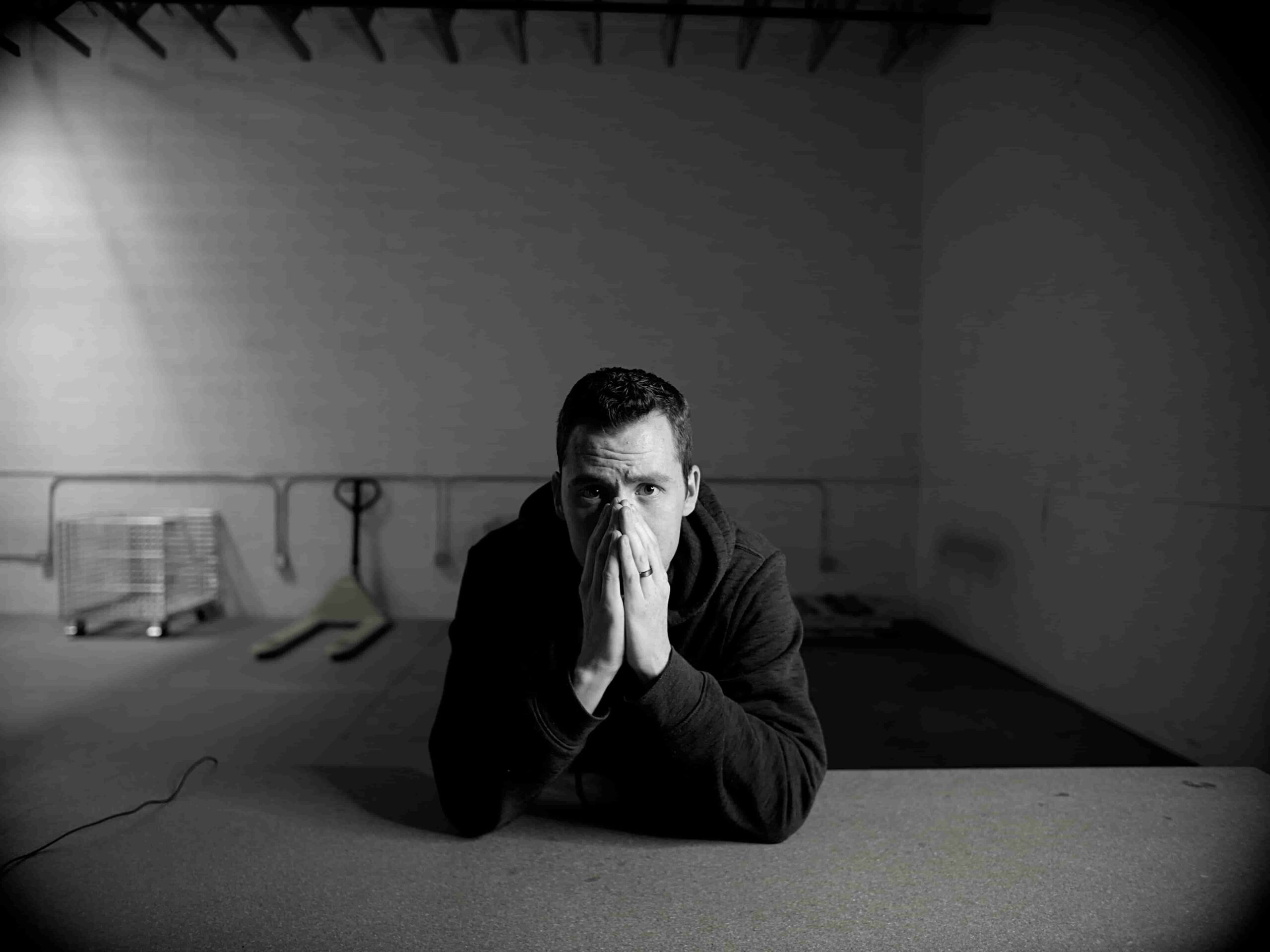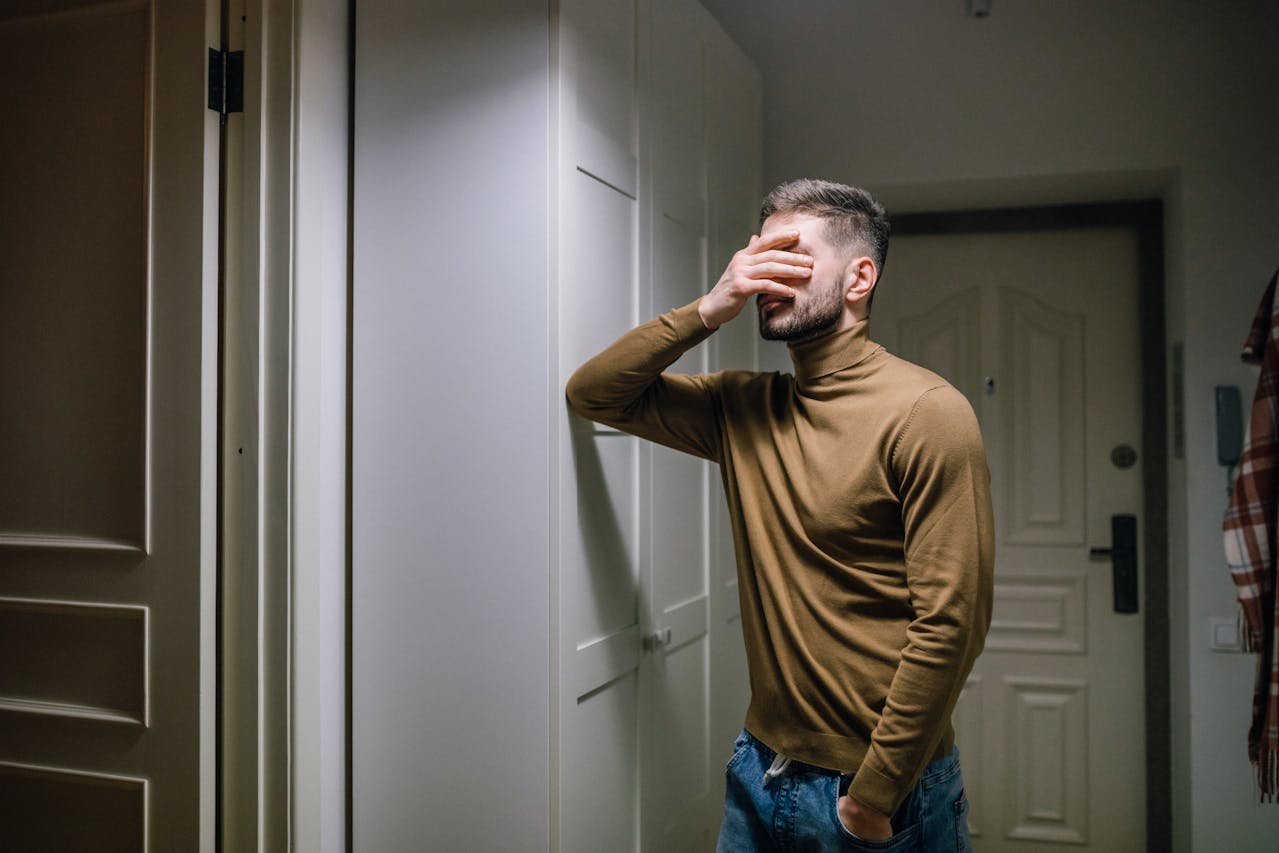 It’s well known that the population in many countries, including the United States, is getting older.
It’s well known that the population in many countries, including the United States, is getting older.
With advancing age often come various physical and mental issues, which can cause an elderly person to become anxious. As the population ages, then, there is a greater chance that more people will suffer from anxiety.
In contrast to younger adults, though, anxiety in senior citizens presents its own set of problems.
It’s important understanding the signs and symptoms of the condition in the elderly and how they may manifest. With a proper diagnosis, it’s possible for senior citizens to get treatment for their anxiety so they can enjoy a better quality of life.
Physical Signs and Symptoms of Anxiety
Senior citizens who have anxiety can have similar physical symptoms as younger people with the problem. However, the way those signs and symptoms manifest themselves can look very different. This can lead to confusion and even misdiagnosis.
For example, common physical symptoms for anxiety in senior citizens include:
- Experiencing weakness
- Feeling tired
- Trouble with concentration or focus
- Being restless
Insomnia can often be the first clue that a senior citizen is having trouble with anxiety.
However, these symptoms may be confused with other medical problems that can afflict the elderly. After all, as people age, they are more likely to develop medical issues. For example, having high cholesterol or experiencing heart disease, diabetes, high blood pressure, etc. Sadly, as our medical systems become increasingly burdened, some medical doctors overprescribe psychiatric drugs to senior citizens. Some prescriptions can cause mental health symptoms like anxiety.
Due to a lengthy medical history, anxiety in senior citizens can easily be missed because its symptoms can be confused with already existing conditions. Even an experienced medical provider could associate physical problems with such a preexisting condition, rather than with anxiety.
Therefore, a provider needs to be able to “read between the lines” in order to ensure their patient gets a proper diagnosis and treatment.
Emotional and Psychological Signs and Symptoms of Anxiety
For an anxiety diagnosis, persistent worry needs to be present for at least six months. Other emotional issues could include experiencing constant fear or dread, panic, or generally feeling nervous.
These are, of course, common problems for anyone who struggles with anxiety. Yet, for those who are elderly and have anxiety, these manifestations could also be confused for other emotional or mental issues, personality quirks, or just be flat-out dismissed.
This could especially be the case with family members. For instance, it may be well known to all in the family that grandma has always been a “worrier.” Therefore, they may not make the connection between her increasing worries and anxiety. Instead, the family may be dismissive and say that grandma is just being “ridiculous.”
As you can imagine, this can only make the anxiety worse for someone who doesn’t feel understood, regardless of age.
Additionally, many elderly also struggle with other cognitive and mental health issues that further complicate an anxiety diagnosis. For instance, they may have dementia or even Alzheimer’s. They may be depressed or feel lonely and isolated.
On top of that, there might be other problems present that an elderly individual has been dealing with for years, such as substance abuse. All these issues further impede a correct diagnosis of anxiety in senior citizens.
How Can Anxiety in Senior Citizens Be Treated?
One way to treat anxiety in senior citizens is with cognitive behavioral therapy or CBT. For this method, a therapist works with a patient to help him or her learn skills to reduce physical symptoms of anxiety. The client is also taught how to identify and challenge negative thinking in order to develop a new perspective and new ways of thinking.
Neurofeedback brain training is a specialized form of biofeedback. It can be transformational for treating anxiety in senior citizens. They often like that it is effective, drug-free and natural. And many seniors love taking a high tech approach to treating anxiety.
Medication can be helpful for some people as well. However, as many senior citizens take medications for other problems, there could be complications. Many clients don’t feel comfortable adding psychiatric drugs to the mix. For these reasons, anxiety therapy can offer the best hope for treatment for this age group.
Obviously, anxiety in senior citizens can manifest itself in ways that could lead anyone to make a wrong assumption. However, by understanding the signs and symptoms of anxiety in the elderly, a proper diagnosis is possible.
If you’re a senior who is struggling with anxiety or a family member of an elderly person who seems anxious, please learn more about my approach to anxiety therapy.





